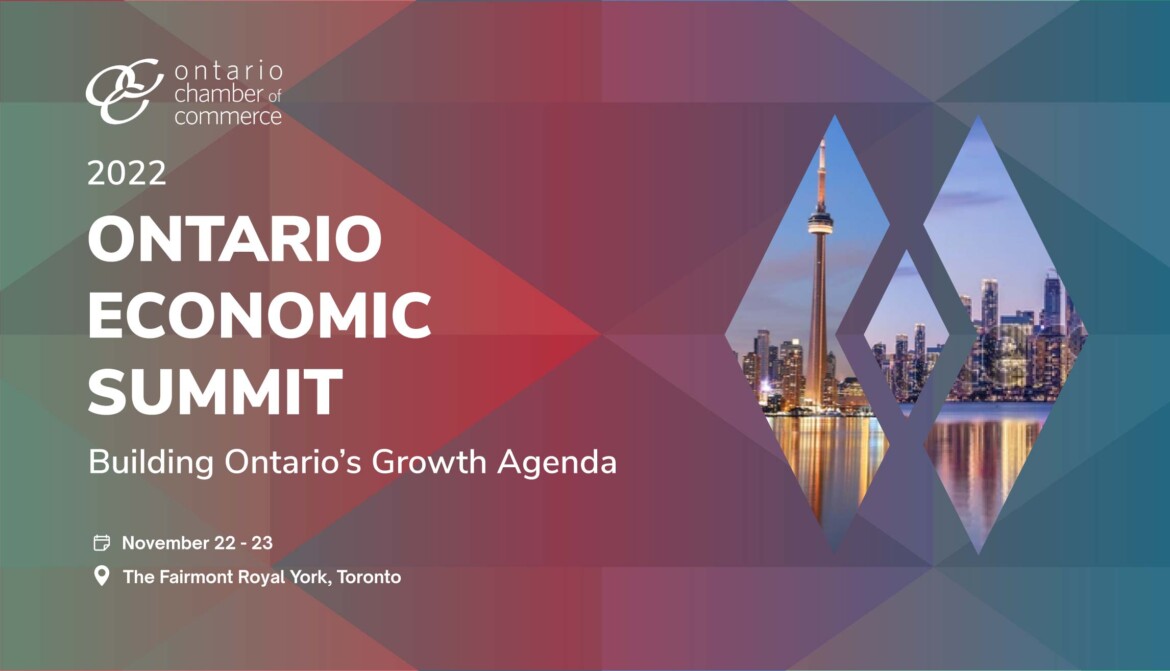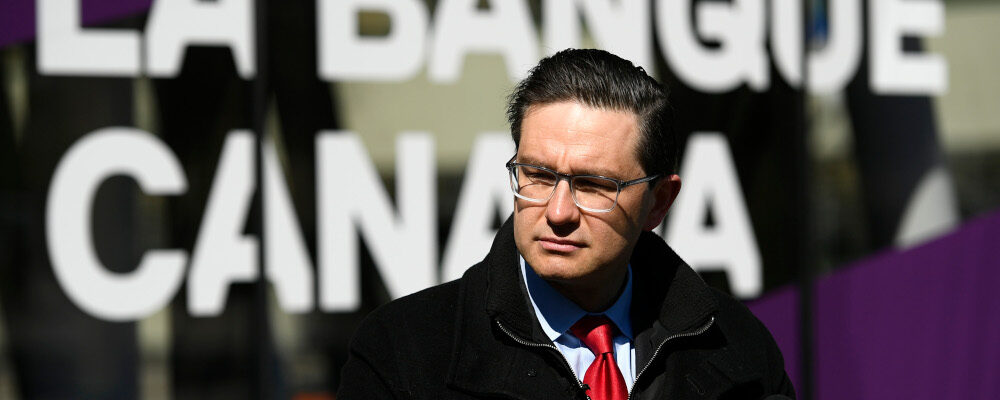Wednesday’s fifty basis point rate hike by the Bank of Canada, which is less than markets had anticipated, is being interpreted by some as the bank bowing to political pressure to slow down its plans to raise the policy interest rate.
A Bloomberg report speculates that the decision by Bank of Canada governor Tiff Macklem to eschew a larger rate hike may reflect separate calls from New Democrat leader Jagmeet Singh and a former aide to Prime Minister Justin Trudeau to slow or even pause further interest rate increases in the name of averting a recession.
Macklem seemed to address this speculation of political calculations in his press conference: “These are difficult decisions. I will say that the independence of the central becomes more important when the decisions are difficult.”
It’s not the first time that he’s come under criticism from political voices. Conservative Party leader Pierre Poilievre targeted Macklem over the course of the pandemic on the grounds that he enabled the Trudeau government’s massive deficits through the purchase of government bonds. He’s even committed to fire the top central banker if he’s elected Prime Minister.
These competing political demands of Macklem—what one might describe as dovish and hawkish views on the role of the bank vis-a-vis inflation—are a good reminder of why politicians ought to butt out of the central bank’s policy decisions. It’s a lesson that Poilievre should internalize as he seeks to present himself as a prime minister in waiting.
Research tells us that there’s a negative relationship between central bank independence and inflation even after accounting for different variables. That’s an academic way of saying, when central banks are exposed to political whims, inflation tends to follow. This is why central bank independence is a cornerstone of modern financial systems.
Logically, this makes sense. When politicians have sway over the money supply, it tends to grow. Monetary policy works with long and variable lags, and cheap money now is an election-winning gambit that can be paid with inflation later.
If readers will bear with a bit of history, this is exactly what happened to Western democracies in the latter half of the 20th century. Western central banks had surrendered their independence to finance the war effort, agreeing to keep interest rates low to prosecute the war effort. This was coupled with governments keeping consumer demands in check through wartime rationing and mobilization.
Yet the politicians were reluctant to relinquish their influence over monetary policy in the subsequent decades. As Western central banks attempted to reign in creeping inflation, they were met with fierce political resistance. In the United States, successive presidents would intervene in the Federal Reserve System, with varying degrees of success. President Truman, for instance, forced a Fed Chairman, Andrew McCabe, to resign for daring to raise interest rates above their wartime levels. Richard Nixon would infamously appoint a former political ally to the chairmanship, precipitating the worst inflation crisis the United States has ever seen.
This trend spread to Canada, with Prime Minister John Diefenbaker forcing the resignation of then-Governor James Coyne for having the gall to raise interest rates and offset his government’s spending. Canada, too, would unsuccessfully try to contain inflation in the following decades, only to fall into a crisis in the 1970s.
High inflation was ultimately defeated by decisive action from monetary policymakers. In the United States, Fed Chair Paul Volcker famously forced it down by all means necessary. Less discussed, however, is his commitment to reasserting Fed independence. When President Reagan asked Volcker to lower interest rates for the election, Volcker simply got up and left without a word.121st Century Monetary Policy, Bernanke (pg. 20, 21-22, 22, 38) In the years that followed, political norms regarding central bank independence were re-established, and legislative safeguards were enhanced. As inflation slowed, a multi-partisan consensus to remove any influence politicians had over monetary policy re-emerged.

Which brings us back to Poilievre’s criticisms of the Bank of Canada. Skeptical readers may point out that Poilievre is an inflation hawk, not a dove. There is no reason to believe a Poilievre government would suddenly do an about-face and pressure the bank to return to a loose money policy.
But that misses the point. The Conservative opposition is already proposing concrete legislative changes that would undermine the Bank of Canada’s independence. Bill C-253, which would bring the bank under the auditing purview of the Office of the Auditor General, is a small yet worrying step towards the history of political interference that we outlined above.
History, by the way, also tells us that high inflation is not the only thing that can go wrong. Poilievre would ostensibly like a more hawkish monetary authority. He has talked, for instance, about the need for a “more hawkish governor.” Yet hard money ideologues also have a history of miscalculation, often with disastrous results.
The most obvious example is the Great Depression. To combat stock market speculation, the Federal Reserve raised interest rates three times between 1928 and 1930. This was followed by a refusal to act as a lender of last resort to increasingly trouble financial system. These choices which in hindsight helped to precipitate the near-decade long recession were driven by one might call “liquidationist ideologues” or what may be described as a hard-money dogmatism.
The key point here is that politicians and the central bank need to stay in their respective lanes to avoid these types of excesses. They are of course complementary, but they must ultimately be separate. This is the basic insight of the model that has served Canada well for more than 30 years.
Central bank independence is important to balance fiscal authority. Put simply, we elect governments that tax (more or less) and spend (more or less). Government spending is stimulating and inflationary; taxing is dampening and deflationary. The central bank serves to offset these dynamics.
Modern parliamentarians don’t have to fully worry about their budgets’ consequences on macroeconomic stability; the Bank of Canada does that for them. As a result, they have had lots of space to experiment policy-wise and, occasionally, mess up without the country being worse for wear.
Collectively, we have decided that government spending is properly decided democratically. In contrast, the central bank can adjust the money supply and interest rates to maintain a stable economic environment and its choices, even when unpopular, are insulated from the ballot box.
As for the Bank of Canada’s recent decisions, it’s worth recognizing that it has been quite hawkish based on the available evidence. For example, it has been generally overshooting the interest rate recommendations from the C.D. Howe Monetary Policy Council which is often regarded as the country’s preeminent external body on monetary policy issues. Furthermore, we currently have the highest overnight rate in the G7, despite also having the lowest inflation.
Nothing Poilievre has proposed thus far would have prevented the rise in inflation that we’ve experienced in the context of the pandemic. In fact, if anything, his position would have led to a deeper recession during the pandemic as well as perhaps a new one now if the bank was to adopt a more aggressive, anti-inflation policy.
Let us, then, consider the purpose of Poilievre’s policy beyond its literal meaning. He’s found a poorly-understood organization that can be used as a foil. There might be a way to salvage Poilievre’s argument if the Bank of Canada had been singularly incompetent, but it was not. Macklem’s actions were well within international norms, and Canada’s inflation performance has not been remarkable one way or the other.
Punishing the institution when a reasonable choice was wrong (in hindsight) punishes that independence.




